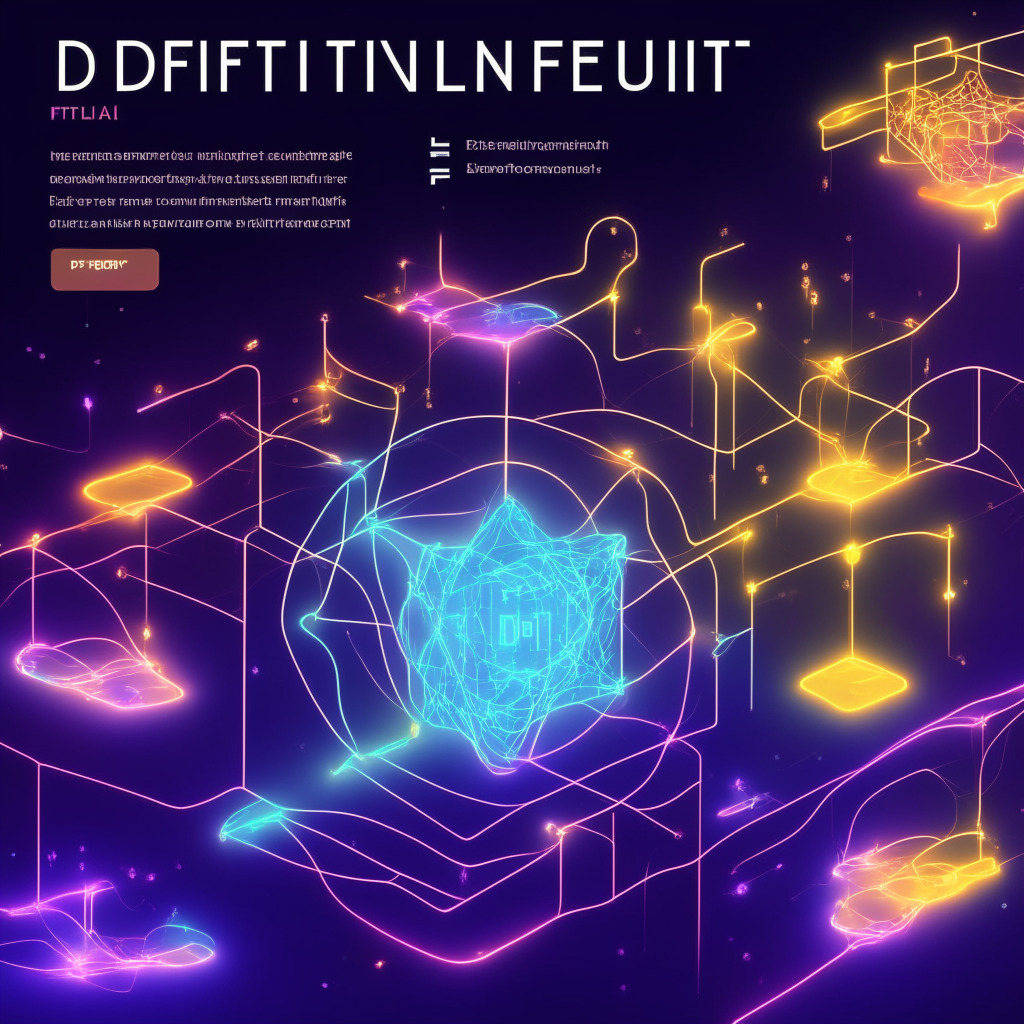The Biden administration recently launched the AI Cyber Challenge that entails a hefty $20 million in rewards in a robust effort to protect critical American infrastructure from cybersecurity threats. This initiative, pooling in notable AI titans such as Anthropic, Google, Microsoft, and OpenAI, seeks innovative contributions in the form of AI applications towards enhancing the nation’s cybersecurity status.
Teams partaking in the challenge will be expected to openly share their system operations, a move anticipated to spur wider adoption and utilization of their marvel solutions. The competition, spearheaded by the Defense Advanced Research Projects Agency (DARPA), remains committed to nurturing innovation by backing seven small business applicants with financial aid of up to $1 million each. This approach not only fosters healthy competition but also guarantees a diverse participant range.
The initiative echoes a similar DARPA-led competition in 2014, the Cyber Grand Challenge, primarily aimed at developing an open-source defense mechanism for effective fighting of cyber threats. It sends a strong signal that there are conscious, official undertakings to grapple with an emerging threat that experts are yet to holistically understand. Over the past year, an array of U.S. companies have engineered different AI tools that enable users to create lifelike videos, imagery, texts, and code.
However, it’s worth noting that while these competitions promote innovation, essential questions emerge about the ethical, moral, and security implications of AI advancements. For instance, the possibility of AI systems being misused by malicious actors remains a groaning concern that needs addressing.
Interestingly, the approach of using hacking competitions as a tool to foster innovation prompts us to question whether it’s a double-edged sword. On one side, it breeds an environment conducive for piercing minds to partake in the strengthening of our cybersecurity structure. Yet, on the other hand, the technique could potentially be providing an extensive platform for hackers with ill intentions to not only learn from the best but also showcases their prowess.
Moreover, with shared information becoming the central theme in the AI Cyber Challenge, it’s imperative to consider the trade-off between rapid innovation progress and potential confidentiality breaches. Regardless, the introduction of such competitions represents a firm path towards an encrypted, secured future, where artificial intelligence vigorously masks the vulnerability of vital digital infrastructure.
Source: Cointelegraph




